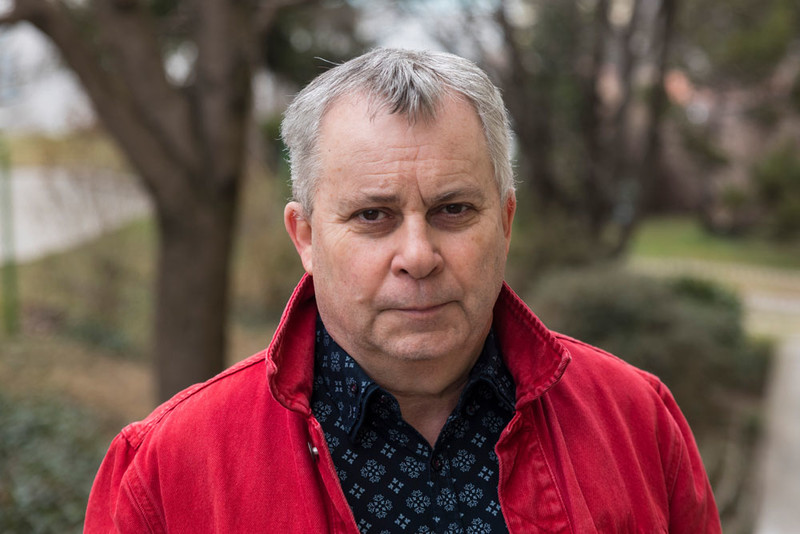Zsolt Pozsgai
INTERVIEW WITH ZSOLT POZSGAI WRITER, DIRECTOR, PRODUCER
BUDAPEST, HUNGARY
Your project has been entered in our festival. What is your project about?
THE LOVER OF THE SOIL is about how invention can kill the inventor. A world-famous Hungarian ceramicist invented a new type of ceramic, eosin, at the end of the 19th century. But while making it, he discovered that the fumes of the invention were making him deathly ill. And in the meantime, the same thing happened to his son, whom he had intended to make the head of his factory, but he ran away from the task. Sometimes what we create or make can become our enemy.
BUDAPEST, HUNGARY
Your project has been entered in our festival. What is your project about?
THE LOVER OF THE SOIL is about how invention can kill the inventor. A world-famous Hungarian ceramicist invented a new type of ceramic, eosin, at the end of the 19th century. But while making it, he discovered that the fumes of the invention were making him deathly ill. And in the meantime, the same thing happened to his son, whom he had intended to make the head of his factory, but he ran away from the task. Sometimes what we create or make can become our enemy.
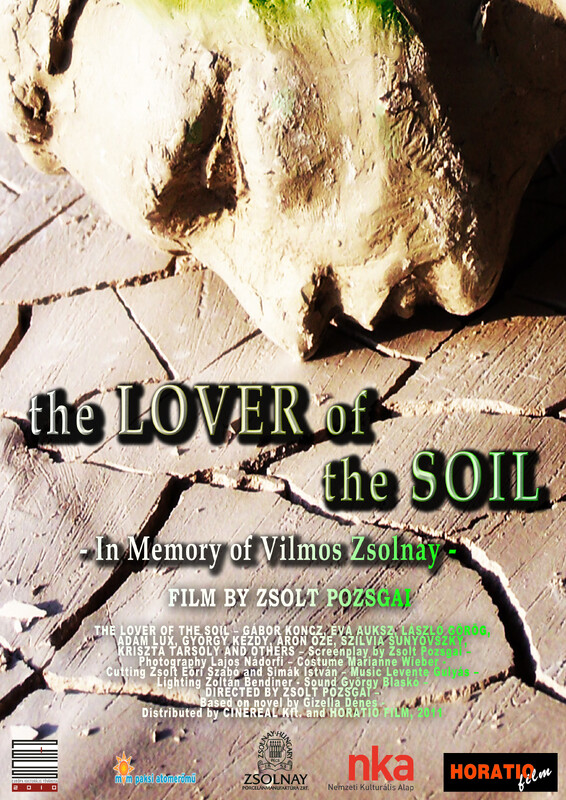
What are your ambitions with your project?
I wanted to show a human greatness, the quest of an artist who found the meaning of his life by chance. But he started on a very different path. But sometimes our destiny is stronger than what we want. Fate usually wins.
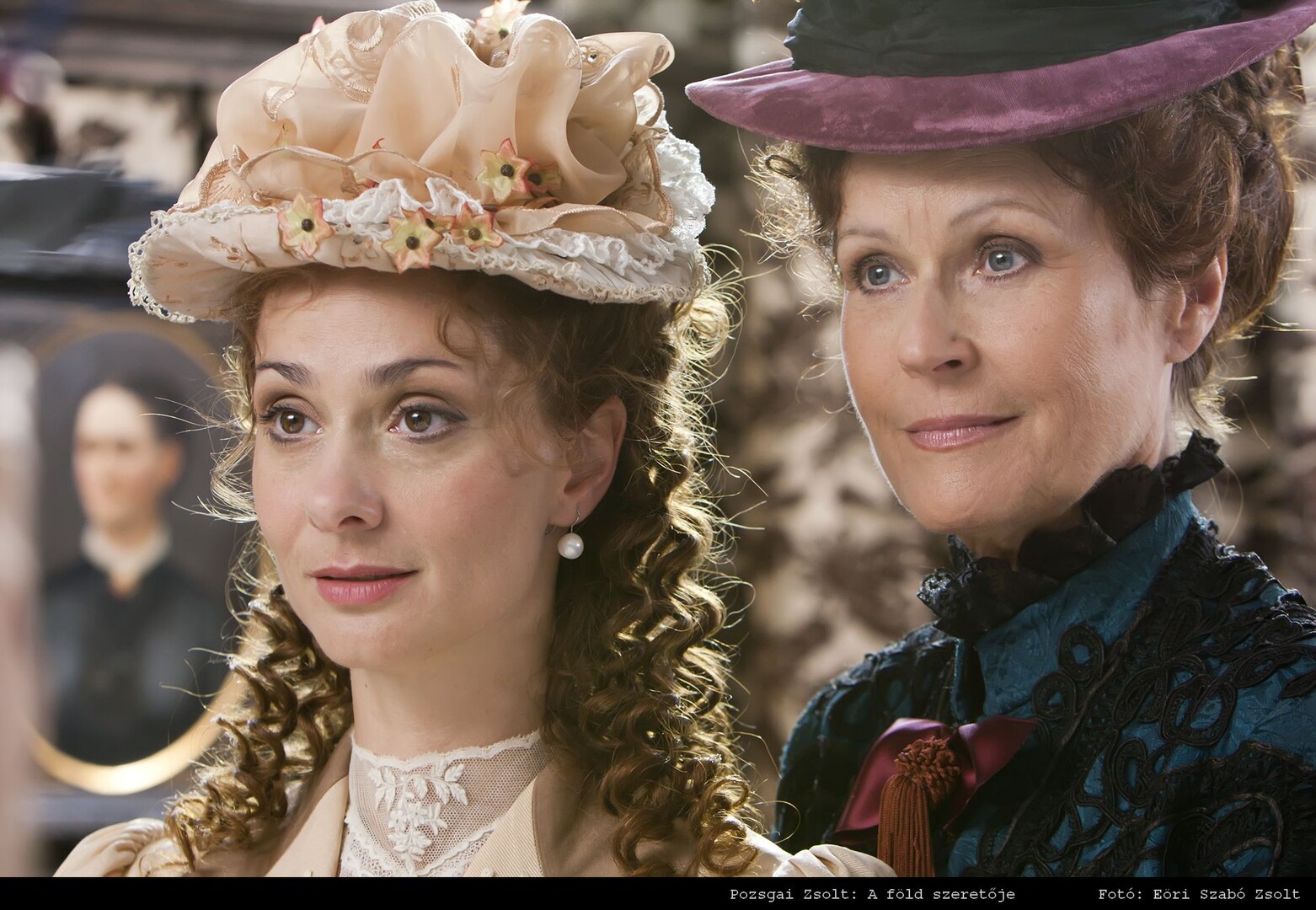
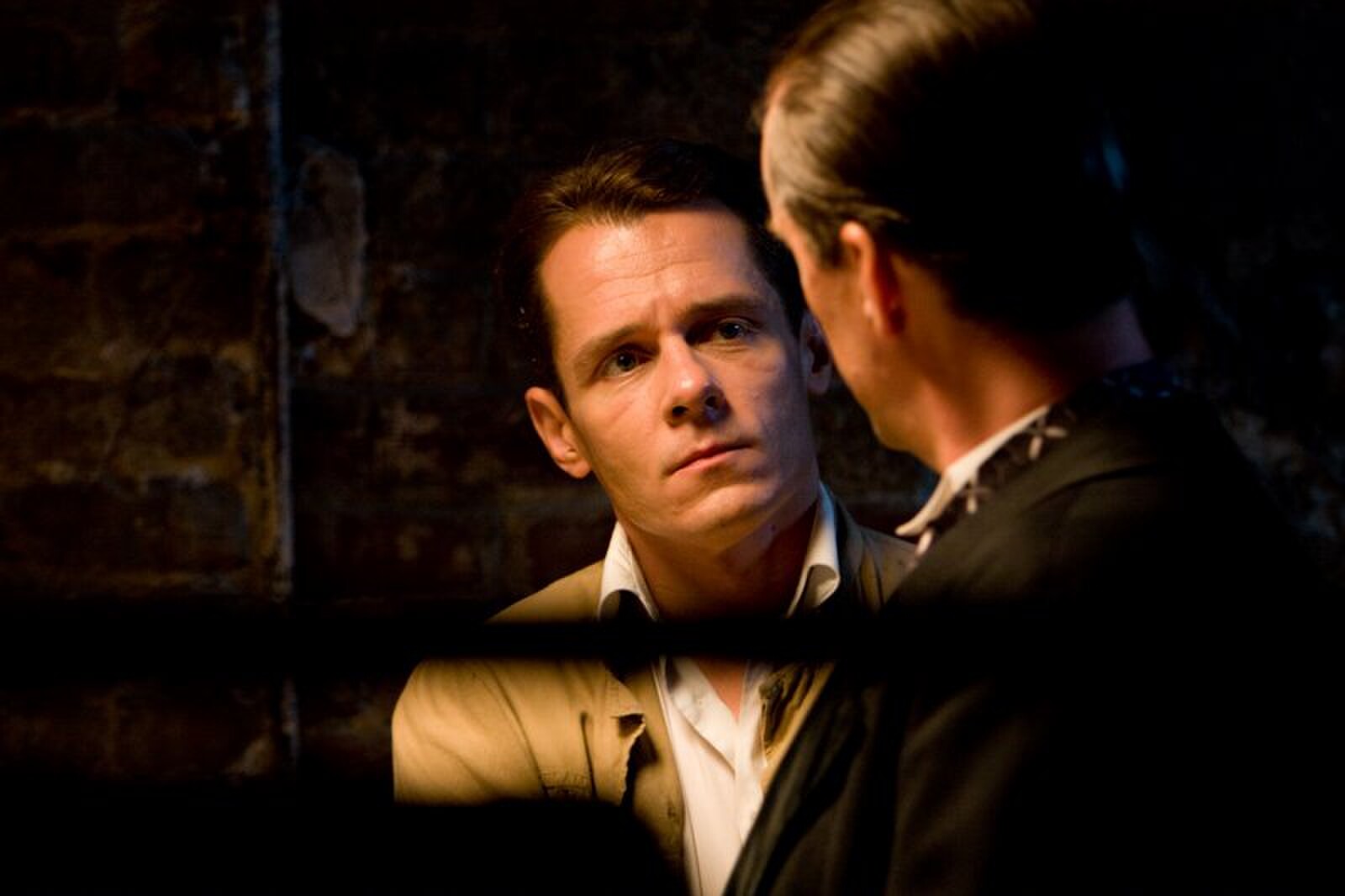
Tell us something about your shooting? What pleasantly surprised you?
I was very happy that I was shooting in my hometown, Pécs, Hungary, because my main character lived there one hundred and fifty years ago. I've been living and working in the capital for thirty years now, so it was an extraordinary pleasure to go back there to shoot, where I know every house, every street and the history of the houses and streets. What surprised me very pleasantly was that the city's administration and all its inhabitants were very helpful in making our work go well. A town has come together to make a film about it. And in this work, the well-known Hungarian actors had a great time because they felt the love around them.
For what group of spectators is your film targeted?
It can be interesting for all kinds of viewers, from teenagers to the oldest age group.
Why should distributors buy your film?
Because the audience can meet very talented and excellent Hungarian actors who play with pleasure and captivate the viewer. The film has won several festival awards, including the A category at the Goa International Film Festival. In all the justifications, there was the greatness of the acting. It is a romantic story full of good acting. For those who like such films, the film is worth distributing.
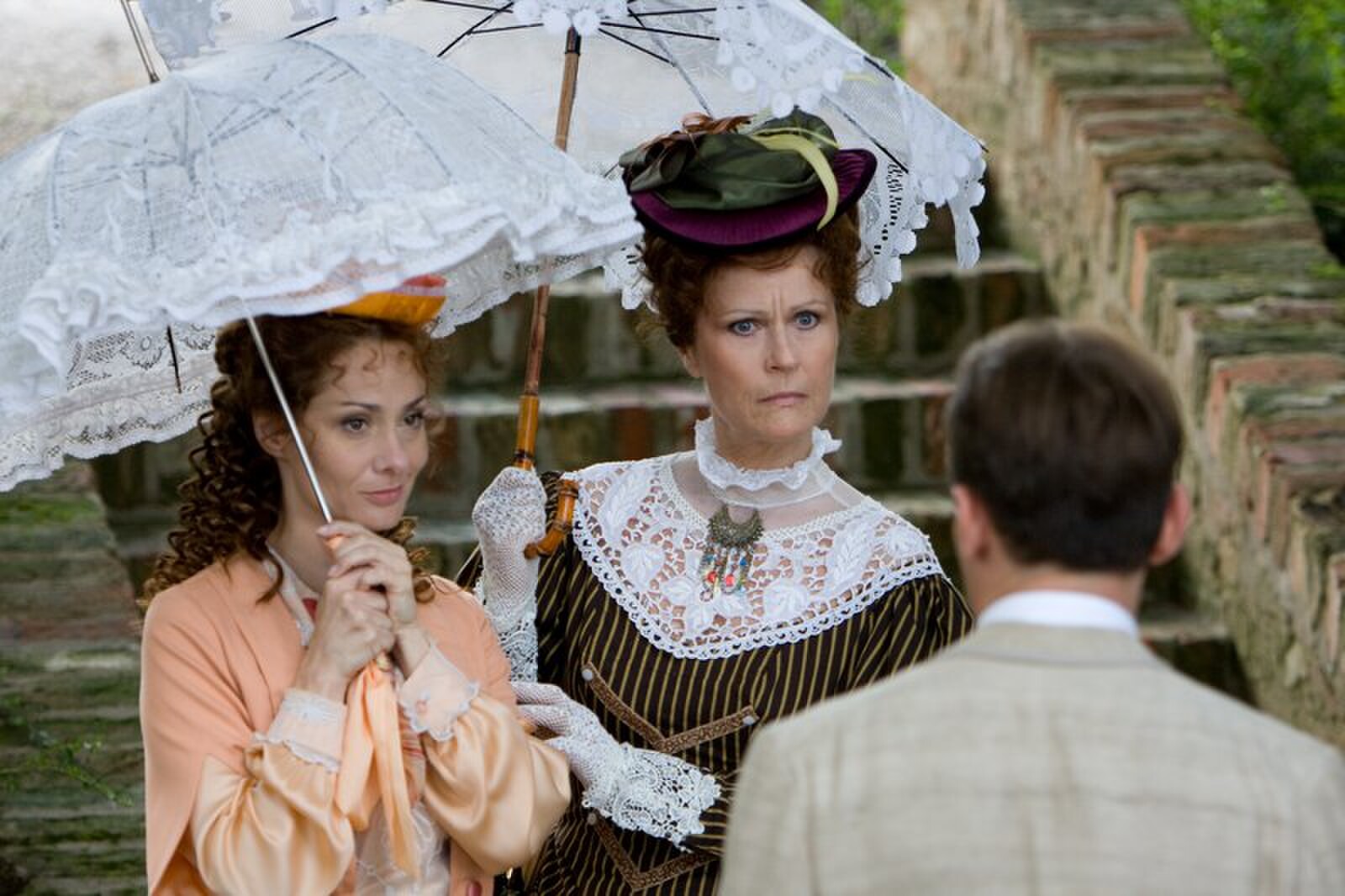
How would you specify your work? What characterises your film?
A humanism. Faith in the family, in family generations. I wanted to show an age in which it is still worthwhile to create and invent new and novel things. When the world was changing.
Why did you decide to become a filmmaker?
I started with poetry and theatre, both of which are like film: they condense. It compresses decades into two hours. Long stories. I like to say what comes out of me, what I feel is important to say, in a short and effective way. And because I make actor-centric films, it's very important to showcase the skills of actors that other directors might not believe in. That's also a real success. To myself.
Who is your role model?
Bob Fosse. In "All that Jazz" he defined exactly what is both the joy and the tragedy of art.
Which movies are your favorites? Why?
Mainly Italian neorealist films from the sixties and eighties. The White Phones directed by Dino Risi. Then the American films of the eighties and nineties, when there were still original stories and new and emerging young talent. From this period, the film history of Forrest Gump - and I could go on. During these years the American film industry grew into a giant. It's a pity that's all gone now.
Where do you look for inspiration for your films?
Every day I'm confronted with a new subject, a new story. In the news, in my private life, or even in an unfamiliar female face on the subway. There are so many stories that in life we hardly notice, if you magnify them, process them, they can be extraordinary. "In the small is big", as modern American philosophy teaches us.
Which topics interest you the most?
Primarily historical topics, because the past is over. In today's world, change is constant. If I work on a topic today, it may turn out after a while that it was not so or it may become obsolete. While historical subjects can be very instructive for today's audience. Of course, I also write today's stories, but I am careful not to let them become uninteresting, so that there is something eternal and human in them. Something that can speak in any era.
What do you consider your greatest achievement in your career?
That I have always had a very good relationship with young people. And I have a lot of young people watching my films, which means that I have something to say to a generation other than my own. It's true, most of my colleagues on the film crew are young people, I like working with them, I'm getting younger myself.
What do you consider most important about filming?
Achieving catharsis in the viewer. And I believe in a positive catharsis that moves us forward, that teaches us how to make our lives better, more beautiful. That's what I strive for.
Which film technique of shooting do you consider the best?
I shot my first film on 35mm film stock. Since then, I've worked with a number of digital techniques - but none of them perfectly reproduce the chemistry of the light meeting the raw material. I therefore prefer film techniques that are closest to 35 mm film.
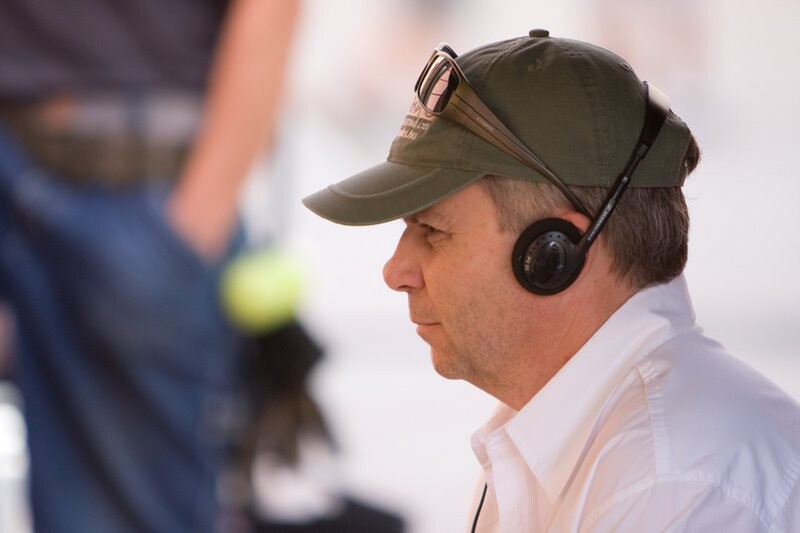
How would you rate/What is your opinion about current filmmaking?
It seems to me that the great filmmaking nations of the past have grown tired of it. It's no coincidence that at the big festivals, films from the East, Africa and South America are coming to the fore more and more. There is still something new to say, there is no "intellectual pollution". But that is natural. There is a generation of great filmmakers, then a period of silence, and then the process starts again. I am an optimist.
What can disappoint you in a movie?
If it doesn't find its audience, if the director of the film can't find his way to the audience.
Who supports you in your film career?
A wonderful Hungarian director, Sándor Mihályfy, for whom I wrote a script and he said he would direct it. He told me to direct it, because he sees me as the one who really understands how to make it well. It's a fantastic human attitude. It's like a fairy tale.
What are the reactions to your film? (opinion of spectators, film critics, friends and family)
In general, the audience loves my films. One of my most recent films, DARKING WAY, has won more than four hundred film awards at major festivals around the world and in smaller countries. If so many people, if audiences from so many different cultures find my films important, then I have created something that is universal and relevant to everyone. That's happiness.
Have you already visited any of the prestigious film festivals?
What is a prestigious film festival? For me, a Venice festival is just as important as an event in India, or Africa, or a small Italian town. There are audiences everywhere, professionals, enthusiastic film fans. I feel much more comfortable at smaller festivals where the politics are not the priority, but the films are really important. I find that the big festivals are steeped in politics, that a political gesture is often more important than art. So I'd rather go to a place where my work will be seen.
What are your future plans in filmmaking career?
They say you live as long as you have dreams. I still have a lot of dreams. and to my great joy, most of my scripts are coming true. In my home country, Hungary, I'm shooting films regularly and I'm getting funding. I'm also starting a big-budget historical film in 2024. I'm also shooting a documentary and a short feature film. If all my dreams are to come true, I should live until I am at least 150.
